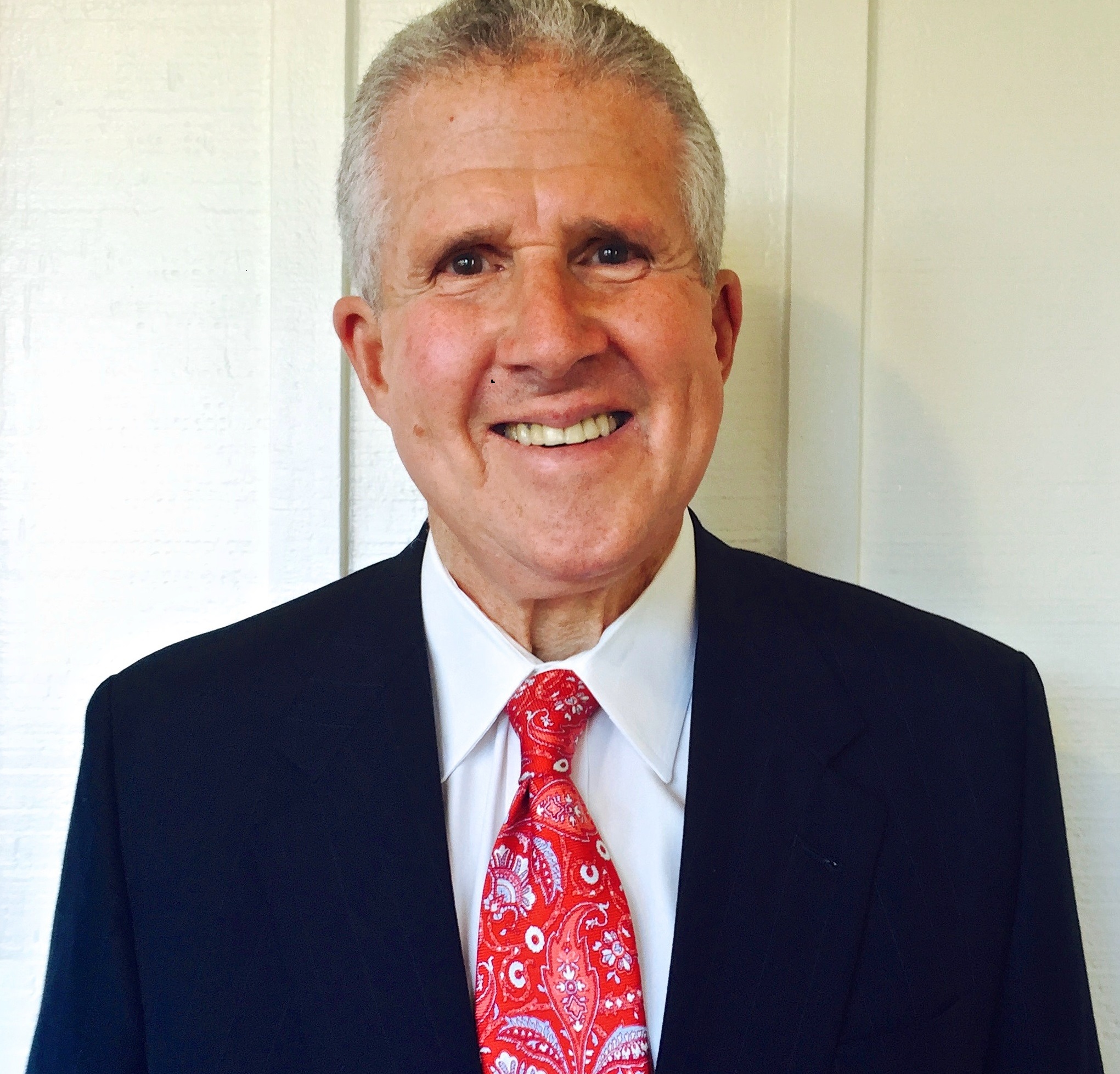INTRODUCTION
Retaining your lawyer may be the single most important decision for brain injury survivors and their families. When a person becomes brain injured, the entire family suffers with injuries which can be financially, medically and socially devastating. In those cases where others are at fault in causing your brain injuries, it is most important the family retain effective legal representation. A competent and caring lawyer is necessary for you and your family to receive reasonable financial compensation for the harm. Fair compensation, in turn, offers the best possible chance for recovery and adjustment on a long-term basis.
The family must be knowledgeable about brain injuries in order to retain the right attorney for them. The family must understand the injuries suffered by the survivor and must have some knowledge of the legal process. General questions to the attorney should include inquiry as to his or her experience, qualifications, education, and general background and experience in brain injury cases. The family should focus on how the lawyer intends to handle their case based on the special circumstances of the family and the particular injuries and damages of the brain injury survivor. Suggested general and special questions to the lawyer are:
GENERAL QUESTIONS TO THE LAWYER
1. Where and when did you go to law school? Where and how long have you been practicing law?
2. How would you describe your law practice?
3. What is your experience in handling brain injury cases? Describe some of the brain injury cases you have handled.
4. What has been your experience in the brain injury cases you have handled? What have been the actual results of these cases?
5. What is your policy regarding advancing costs of litigation? Will you do so for our case? What do you expect to be the litigation costs involved in this case?
6. What is meant by discovery in a legal case? What are interrogatories? What are depositions? Who will be preparing us for our depositions? When will the various discovery procedures take place?
7. How much time will you be able to devote to our case? Who other than you will work on our case? Will you handle all of the discovery and court appearances or will other lawyers be assisting you? When may we meet these other lawyers?
8. When will our case be filed in the legal system? Will we go to trial, mediation or arbitration (or some combination of each)? When will our case be decided?
9. Will our case be heard by a jury? What is the general attitude of jurors in this community to this type of case?
10. If we lose our case, what will be the consequences?
SPECIFIC QUESTIONS TO THE LAWYER
1. Who is legally responsible for causing the brain injuries in this case? Why? How do you intend to prove that responsibility?
2. What is negligence? What is legal causation? What difficulties do you anticipate in proving negligence and legal causation in our case?
3. How do you intend to prove the extent of the harm and amount of damages suffered by us in this case? Especially important in "mild" brain injury cases--What diagnostic testing is available to assist in legally proving the existence and nature of the brain injuries in our case (such as EEG, CT scan, MRI, PET or SPECT scan, and neuropsychological testing)? Do you think we should undertake such testing? How will the costs of testing be paid?
4. What community resources are available for psychosocial intervention to assist us with changes in behavior, emotional difficulties, interpersonal problems and family dysfunction brought about by the brain injuries? How will the costs of treatment for such problems be handled?
5. What types of support groups are available in the local community to assist us in understanding and treating the effects of the brain injuries? What goes on in support groups?
6. What types of health care providers would you recommend in our case? Is this an appropriate case to obtain the services of a neurologist, neuropsychologist, psychologist/psychiatrist, speech pathologist, occupational or vocational therapist, physiatrist, physical therapist, recreational or rehabilitation therapist? What services can a case manager provide? How will the costs of such treatment be paid? How can we obtain referrals to the most appropriate specialists?
7. With respect to medical treatment and care already provided, is it appropriate for the type of injuries which have been suffered? Are the treating professionals responsive to our needs? Do these professionals understand brain injuries?
8. Where the survivor has died -- What is a wrongful death case? What compensation can be recovered for loss of the survivor's companionship, comfort, affection, society, solace and moral support? Can the family also recover for the income the survivor would have earned had he or she lived?
9. Describe the legal concept known as "pain and suffering." How do you intend to prove damages for pain and suffering in our case? How does proof of pain and suffering in our case compare with how you have handled these damages in other brain injury cases? Will the jurors understand "pain and suffering" really means harm to the quality of life or human losses? How can a jury be motivated to provide fair compensation for these losses in it's verdict?
10. Why do you want to handle our case? Why should we choose you for our attorney?
CONCLUSION
It is natural to be reluctant and even embarrassed to ask these questions of a professional. Nonetheless, this process will assist the family in choosing a competent lawyer with whom the family can be comfortable. The process of legal representation in a brain injury case necessarily requires the attorney to learn intimate details about the family. It is important that the family feels comfortable with the lawyer so that communications are clear. A form, such as the Report of Changes and Problems after Brain Injury, will describe your brain injuries to your lawyer and may also help you understand yourself better.
It is important the brain injury family is educated about the life changing effects of brain injuries. Education can empower the family to provide control and responsibility in a potentially out-of-control situation. Asking these general and specific questions of the lawyer produces valuable information which both educates the family to the effects of brain injuries and provides the family, through competent legal representation, with resources to maximize treatment of the survivor.





